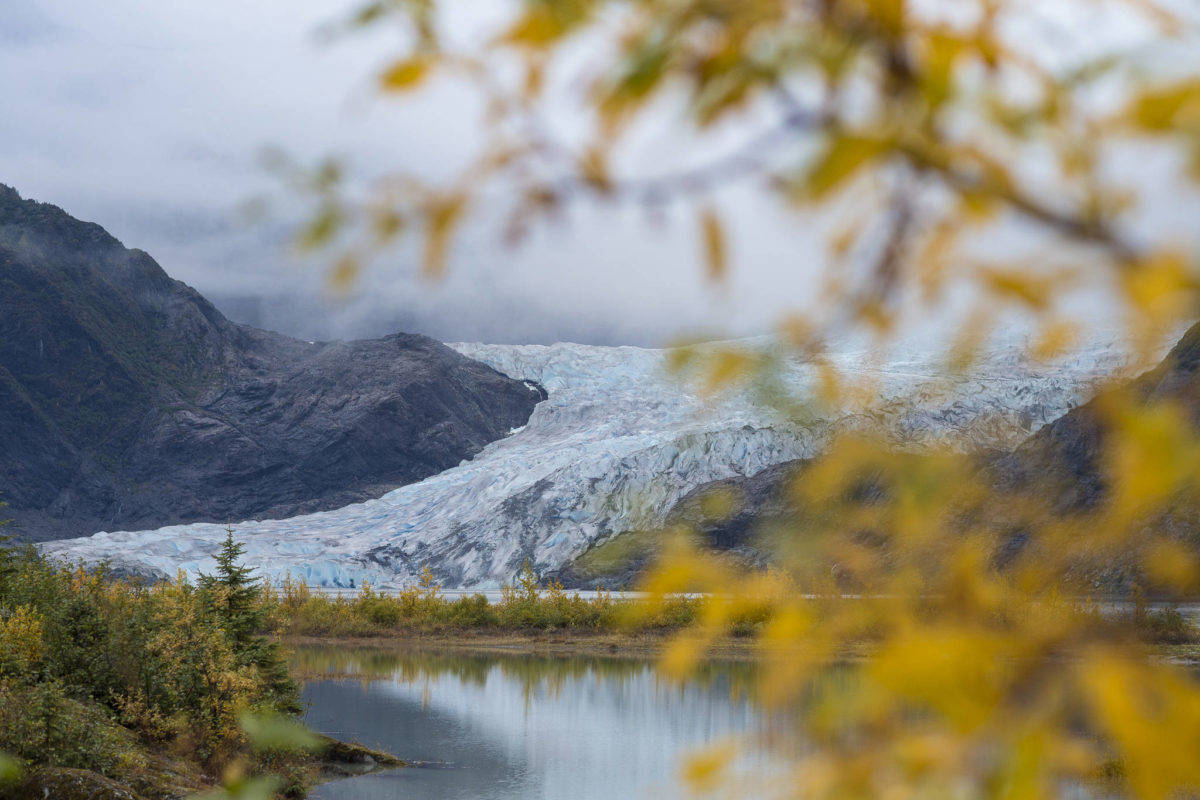An Anchorage judge this week dismissed a lawsuit against the State of Alaska brought by youth alleging that the state’s contributions to climate change put their futures at risk.
The lawsuit, Sinnok vs. State of Alaska, alleges that the state’s energy policy contributed to climate change, violating fundamental rights to a stable climate system.
The litigation is part of a landmark global attempt to force governments to implement climate recovery plans through the courts. The plaintiffs have 30 days to file an appeal, which would go to the Alaska Supreme Court.
Superior Court Judge Gregory Miller granted the state’s motion to dismiss on Tuesday. Miller found that attorneys for the plaintiffs, 16 Alaskans ages 5-20, failed to show what state policy directly contributed to climate change.
[Gov accepts climate change plan]
“Plaintiffs’ general claims allege that the state has permitted oil and gas drilling, coal mining, and fossil fuel use, but Plaintiffs do not allege how this is evidence of the state breaching any legal duty,” Miller wrote.
Plaintiff Tasha Elizarde, a 19-year-old college student from Juneau, said she disagreed with the dismissal. Alaska’s development of oil resources led to increases in global greenhouse gasses, Elizarde told the Empire by phone, even though the state knew that industry contributed to climate change. (Elizarde used to write a column for the Empire.)
“If you look at everything that our state has done in the past, it has been to pursue more and more oil development and things like that. To say that we don’t have an energy policy per se is not consistent with the actions that our state has committed,” Elizarde said.
Juliana v. United States, the federal counterpart to Sinnok vs. Alaska, currently sits in limbo at the Supreme Court. Chief Justice John Roberts granted a delay in proceedings over a week ago at the behest of the Trump administration.
Esau Sinnok, a 20-year-old college student and the lawsuit’s namesake plaintiff, said in a prepared release that “the consequences of Alaska’s energy policy on climate change are already affecting us and threatening our lives and futures. We do not have time to waste on appeals.”
The Sinnok case started in October of last year, after the Department of Environmental Conservation denied a climate change rulemaking petition the youths filed in August, 2017.
Andrew Welle, a staff attorney with nonprofit Our Children’s Trust, represented the youth. Attorney Seth Beausang defended the state.
The motion Miller granted was filed by the state Dec. 11 of last year, according to court documents.

